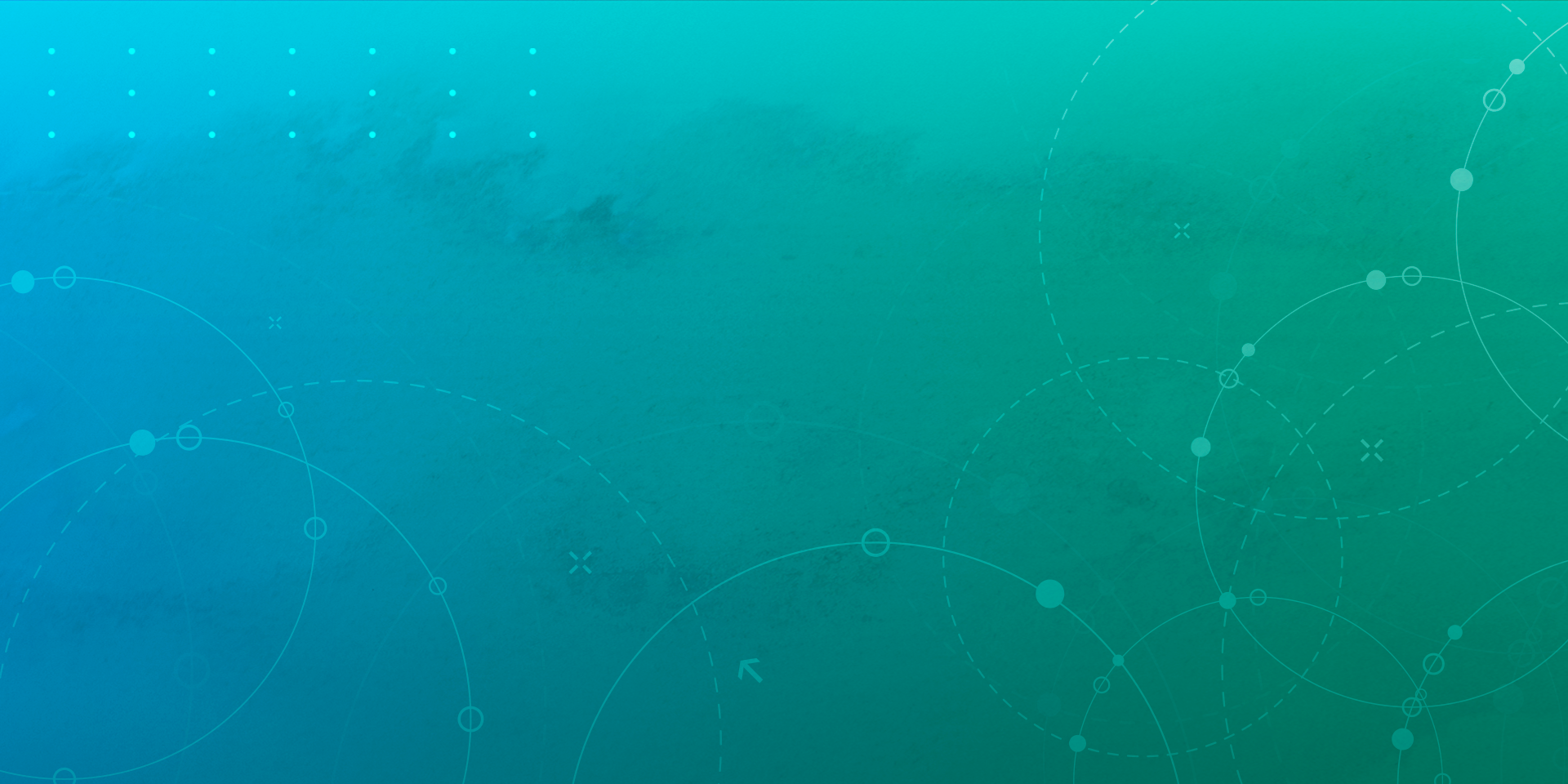
Our People .

Chief of Party, USAID’s Fiscal Reform for a Strong Tunisia (FIRST) Mario Kerby
Mario Kerby has 37 years of experience in environmental management, integrated water resources management, agriculture and rural development, and public financial management. He is currently serving as the chief of party of the Tunisia FIRST project. In his current capacity, he is assisting the Tunisian Ministry of Finance improve its tax administration through IT solutions, process improvements, enhanced policy tools, and improved communications. Mario also served as the deputy chief of party of the Feed the Future Haiti Watershed Initiative for National Natural Environmental Resources, in which he managed watershed management, including sustainable agriculture, agro-forestry, and disaster risk management activities. Mario has previously led agriculture and water management programs in Morocco. Prior to his work on USAID programs, he was vice president of ICF International. He holds master’s and bachelor’s degrees in economics from American University.
by Mario Kerby
3 Questions on Financing Self-Reliance with Mario Kerby
In May, Chemonics, the Urban Institute, and USAID co-hosted a panel discussion and interactive breakout sessions to explore approaches for fostering commitment to more transparent, sustainable financial governance. This summit highlighted experiences and lessons from three USAID projects — including the Chemonics-implemented Fiscal Reform for a Strong Tunisia (FIRST) project — that have successfully built…
Reforestation: More Than Just Planting Trees
In many parts of the world, massive deforestation seems to outpace reforestation and forest restoration efforts. In tropical countries with significant forest resources, like Brazil, Democratic Republic of Congo and Indonesia, illegal logging usually involves large swaths of forest being cut down rapidly to feed the growing worldwide demand for timber. However, in a country…
3 Questions with Mario Kerby: A Voyage Through the Watershed
Feed the Future West/WINNER combined elements of both an agricultural program and an environmental conservation program in Haiti. How did the project balance both goals? Conservation and agricultural development are very closely connected. Our project began as a large watershed program and then its mandate expanded when the 2010 earthquake happened eight months in. It…
